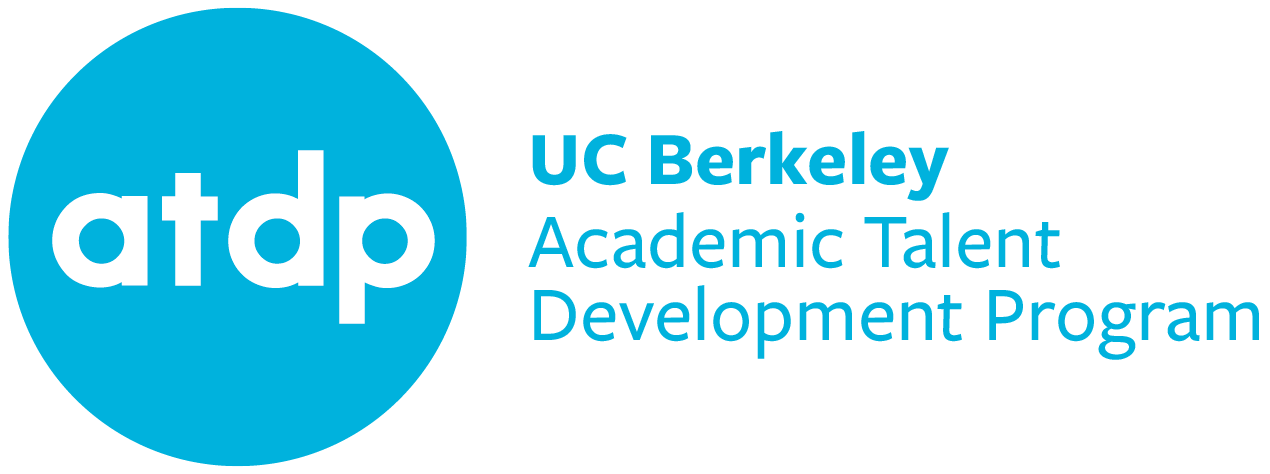Since parents are not only the first teachers, but are also the ones who coach and coordinate their children’s learning from birth through (at least) the beginning of the university years, we hope to provide a framework for parents and their children to think broadly—to see how themes develop over time and become increasingly complex and sophisticated. We also wish to assure ourselves that parents are aware that the acquisition and development of ideas and themes is itself a developmental process.Each level of knowledge builds upon all that was accumulated before. But the ability to decode and the readiness to tackle mature ideas do not grow at the same rate.



University of Maryland professor, and good friend to ATDP, Marilyn Chambliss asked me to remind you that for good readers, who typically can decode almost everything at an early age, decoding and readiness to tackle mature ideas never develop at the same rate. Decoding matures much earlier. So many ATDP students’ decoding skills are leagues ahead of their chronological age and their social maturity. However, when parents assert that their eleven year-old is such a good reader and writer that he should be placed into a college-level writing course, I call or email them to say “no, he should not.” Their son should not be asked to make sense of topics that just plain require more life experience to tackle, more intellectual and social growth.
Carrie Brown, ATDP’s assistant director, recently quoted her six-year-old nephew as saying to his mom, “That was very funny. I think that if I understood more, it would be even funnier.” Would that all parents would remember.
Of course, appropriate doesn’t mean simple. To put nephew Troy’s observation into context (I can hear his mom and his aunt laughing from here), let’s examine a few workable, general, guidelines to assist you as you teach your children and students to make good choices:
- Within each stage of a child’s development, there is plenty of room for more and more complex vocabulary and ample room for personal growth, which is at all times encouraged.
- Within each stage, parents can help to introduce new and increasingly complex ideas about the child’s ever-increasing world.
- At each stage of development, children should be encouraged to seek out their particular interests and assisted in pursuing their preferred interests and books.
- At each stage of a child’s development, there is a wide range of books addressing age-appropriate concerns and examples of children dealing effectively with them. Parents can provide outstanding support by inviting children to share their own thoughts about their concerns and potential solutions.
- Children need intellectual peers with whom to discuss ideas and test their own thinking— play provides a great arena.
- Children need opportunities to draw generalizations and then to test them within an intellectually safe environment. At each stage, children need unstructured time to assimilate new information and integrate it, and to daydream—thoughts need time to mature.
In subsequent conversations we will take an introductory look at why, in my own experience, any child who reads gleefully can be taught to be a more-than-just-competent writer, and why non-readers even when they have decoding skills cannot. In future e-newsletter issues we will explore links between reading and writing, which Professor Chambliss points out are not obvious for most people. We will examine both reading and writing as mirror images of one another, bound together through communication.
We will explore a few ideas about gathering and developing ideas through reading and translating them into writing. We will talk about how vital it is for readers to have ample opportunities to talk about what they read long, long before they are ready to write. As a bridge between our present conversation and our future one, it would be just terrific if you and your children would have a few conversations about how their favorite books and stories communicate the ideas and themes that make these readings memorable enough to win a place among your children’s favorite.
